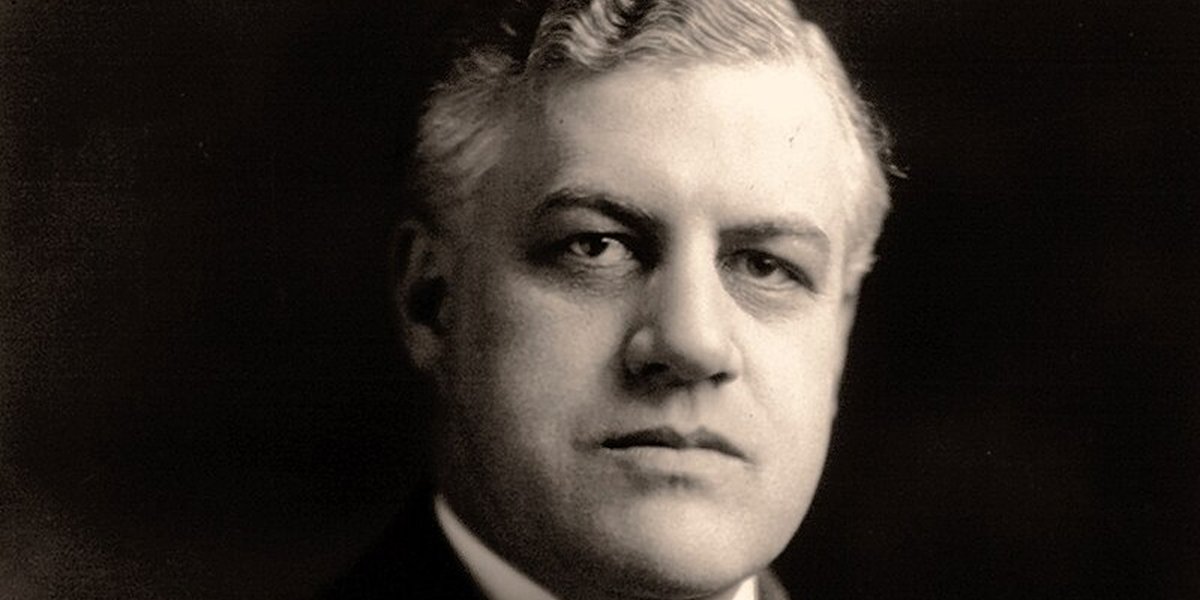At a time in both American and world politics, where the concept of compromise is labeled disloyal or even traitorous, I like to study influential people who made an entire career out of such behavior. My favorite was the human paradox, George Bernard Shaw. He was celibate until he was 29 and from that time on a womanizer. He drank like an Irishman and challenged English society including loyalty in war time. He refused to behave.
He was an Irish playwright, music and literary critic, author, and political commentator who at one time or another embraced Marxism and Fascism, Socialism, and the world of a wildly successful artist with all of its trappings. His writings were often political and always critiques of the society he lived in. He labeled his critics. He used satire. He abhorred racism but embraced eugenics, or the use of selective breeding to create better humans. He championed evolutionary rather than revolutionary reform of a world that he felt was unjust. That is until the dictatorships of the early 1900’s in Italy and Germany and Russia seemed on the verge of reforming society. His embracing of authoritarian leadership for a more just world collapsed as those same leaders led the world into the first world war and then the second.
In our times, we might label such men as hypocrites for revising their beliefs. We denounce men of strong beliefs who advance them with words, actions, and method that we don’t like. GBS as he signed most of his work was passionately right until he was wrong, outspoken in his words until they were proven prophetic. His life from the late 1800s until 1950 was one where those who disagreed with him did so with passion and those who somehow followed his mental gyrations to what he saw as a better world supported him. He was the only man to win both an Oscar for film work in the US and the Nobel Prize. Even those who disagreed with him often came to recognize his amazing ability to define us.
I encourage my readers to learn a little about this walking paradox from our past. It might help us understand each other. I like to reread some of his work when crafting a character who fits my model of a reluctant hero.
The reasonable man adapts his life to the world around him.
The unreasonable man seeks to adapt the world to himself.
Therefore, all progress depends on the unreasonable man. (GBS)











